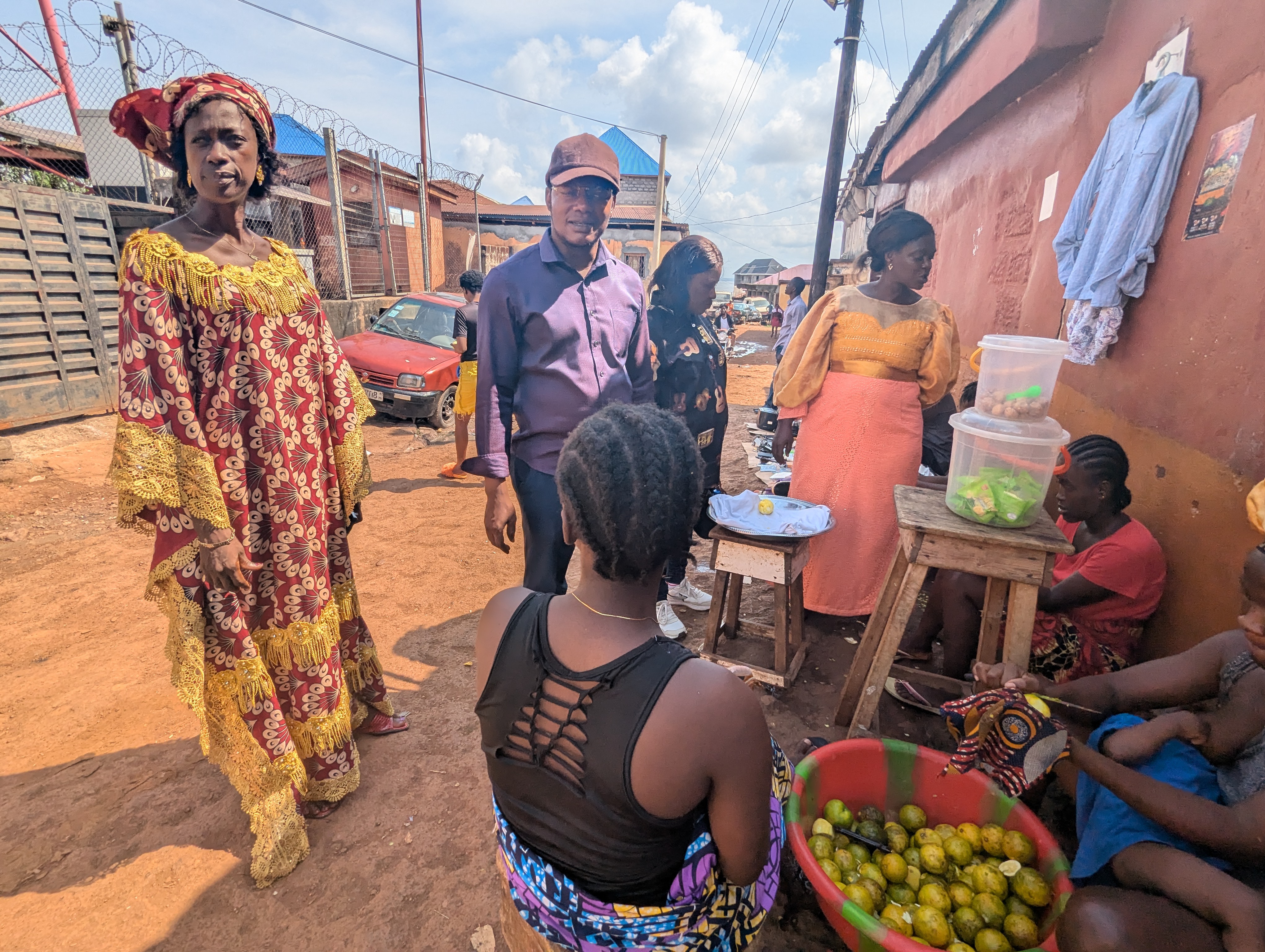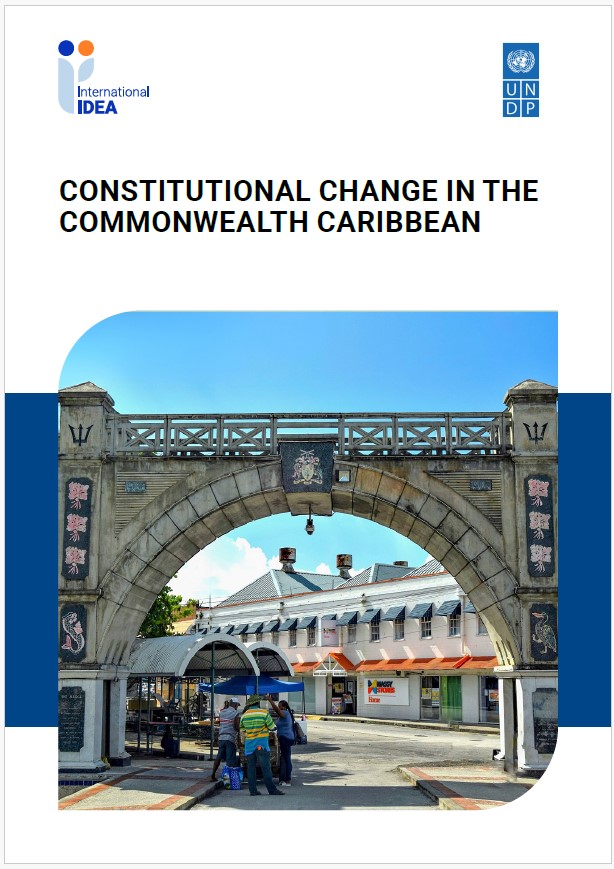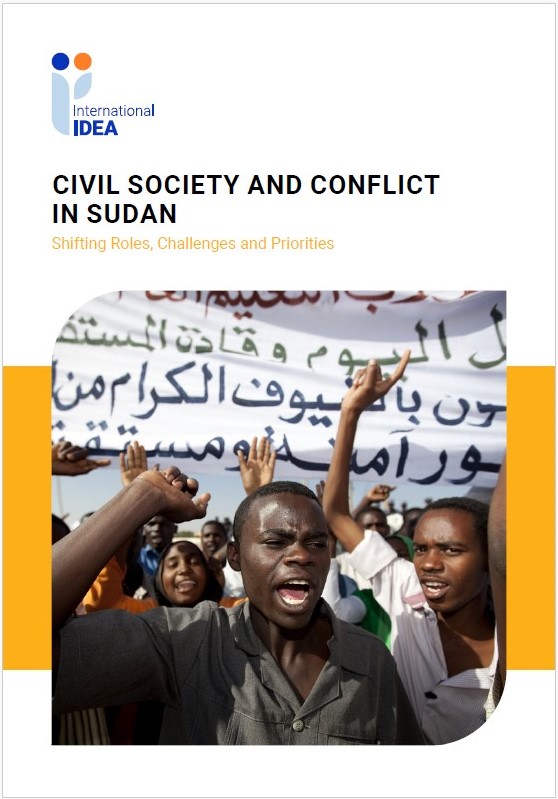Today, we are sharing much more than just holiday pictures with each other online. We are sharing our car rides, our homes, our meals and our money. We are reconnecting with each other again in more direct ways. The old intermediaries—the taxi company, the travel agent, the bank—are being challenged by the Ubers, Grabs, Airbnbs, Snapgoods, and Kickstarters of today’s digital sphere.
Search
Region
Country
Type
Civic education has taught us that showing up at the ballot box is the main way we can have our say in our democracies. By voting, we get to select the candidates or political parties that best represent our views. Through this, we can determine which laws and policies in the realms of education, healthcare and social welfare are sustained or enacted. Thereby, we decide which officials will represent us in determining the direction that our democracies will take.
Dans le cadre d’un processus de planification stratégique, il est essentiel que les partis politiques prennent en compte la dimension de genre.
Cette brochure s’adresse aux membres des partis politiques qui travailleront à l’élaboration de leur plan stratégique, et explique comment intégrer la dimension genre dans chacune des étapes du processus de planification.
Declaración: Las opiniones expresadas en este comentario son las del miembro del personal. Este comentario es independiente de intereses nacionales o políticos específicos. Las opiniones expresadas no representan necesariamente la posición institucional de International IDEA, su Consejo de Asesores o su Consejo de los Estados Miembros.
This article is available in English.
Miembros del parlamento peruano se reunieron el 27 de junio para reflexionar sobre las formas del parlamento y las medidas de financiamiento político. La reunión sobre la participación política de los ciudadanos y una financiación política más transparente contó con la presencia de miembros del Congreso pertenecientes a cuatro grupos parlamentarios: Fuerza Popular, Frente Amplio, Peruanos por el Kambio, y el Partido Aprista Peruano.
Après 1986, Haïti a choisi la voie démocratique en adoptant une nouvelle Constitution, qui prévoit notamment l’établissement d’un organisme de gestion électorale indépendant : le Conseil électoral permanent (CEP). Toutefois, trente ans plus tard, le pays ne connait qu’une succession de conseils électoraux provisoires.
The Plurinational State of Bolivia recently incorporated the Comprehensive State planning System (SPIE), which establishes instruments to articulate public policy planning within central and regional autonomous governments. The main instrument for regional governments is the Comprehensive Development Territorial Plan (PTDI), which determines specific institutional courses of action needed to reach goals and outcomes defined in medium term planning.
El Estado Plurinacional de Bolivia recientemente ha incorporado el Sistema de Planificación Integral del Estado (SPIE), que establece instrumentos para articular la planificación de políticas públicas entre el nivel central y los gobiernos autónomos. El principal instrumento para los gobiernos sub-nacionales es el Plan Territorial de Desarrollo Integral que determina las acciones institucionales específicas para alcanzar las metas y resultados definidos en la planificación de mediano plazo.
Director Regional para América Latina y el Caribe de IDEA Internacional Daniel Zovatto explicó en Aristegui por qué la elección presidencial en México fue histórica y marcó un hito en América Latina. Para CNN en español, CNN. Publicado el 3 de julio de 2018.
Haga clic en el enlace para ver la entrevista completa:
Peru’s members of parliament reflected on the forms of parliament and political financing measures. The meeting on political participation of citizens and more transparent political financing was attended by members of congress belonging to four parliamentary groups: Fuerza Popular, Frente Amplio, Peruanos por el Kambio and Partido Aprista Peruano.
At a Meeting of Representatives of International IDEA Member States in Brussels, participants engaged in an interactive debate on the role of the European Union in a changing geo-political landscape and the future of liberal democracy. The meeting was hosted by the Permanent Mission of the African Union to the European Union and the African, Caribbean and Pacific Group of States on 29 June 2018.
This Primer describes how successful collaboration can emerge between political parties and citizen movements, and thereby increase citizens’ involvement in politics. It is based on interviews and workshop discussions that took place in The Hague, the Netherlands, in November and December 2017, and draws mostly from the latest developments in political parties from Europe.
Declaración: Las opiniones expresadas en este comentario son las del miembro del personal. Este comentario es independiente de intereses nacionales o políticos específicos. Las opiniones expresadas no representan necesariamente la posición institucional de International IDEA, su Consejo de Asesores o su Consejo de los Estados Miembros.
Disclaimer: Views expressed in this commentary are those of the staff member. This commentary is independent of specific national or political interests. Views expressed do not necessarily represent the institutional position of International IDEA, its Board of Advisers or its Council of Member States.
On 28 May 2018 in the city of Trinidad, capital of the Department of Beni, Bolivia, the session of honor of the Departmental Legislative Assembly (ALD) of Beni was held in which International IDEA was awarded a recognition plaque for its work in support of the Department.
El 17 de junio, durante la segunda vuelta electoral, el 53.98% de los Colombianos eligieron a Iván Duque para ser su próximo presidente, un candidato pro mercado que también es considerado un protegido de Álvaro Uribe.


